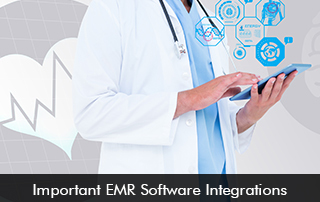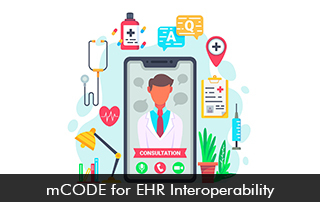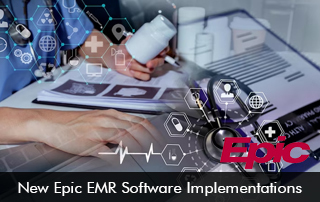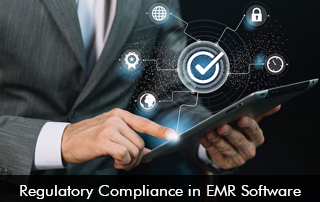Simplifying Value-Based Care with EMR
Value-based care in the USA is becoming an increasingly common reimbursement method compared to fee-for-service. In the value-based healthcare delivery model, the prime focus is patient care. Electronic Medical Records (EMR) Software can be utilized by healthcare providers to support value-based care. The US Government Initiatives for Value-Based Care The US government has put in [...]











